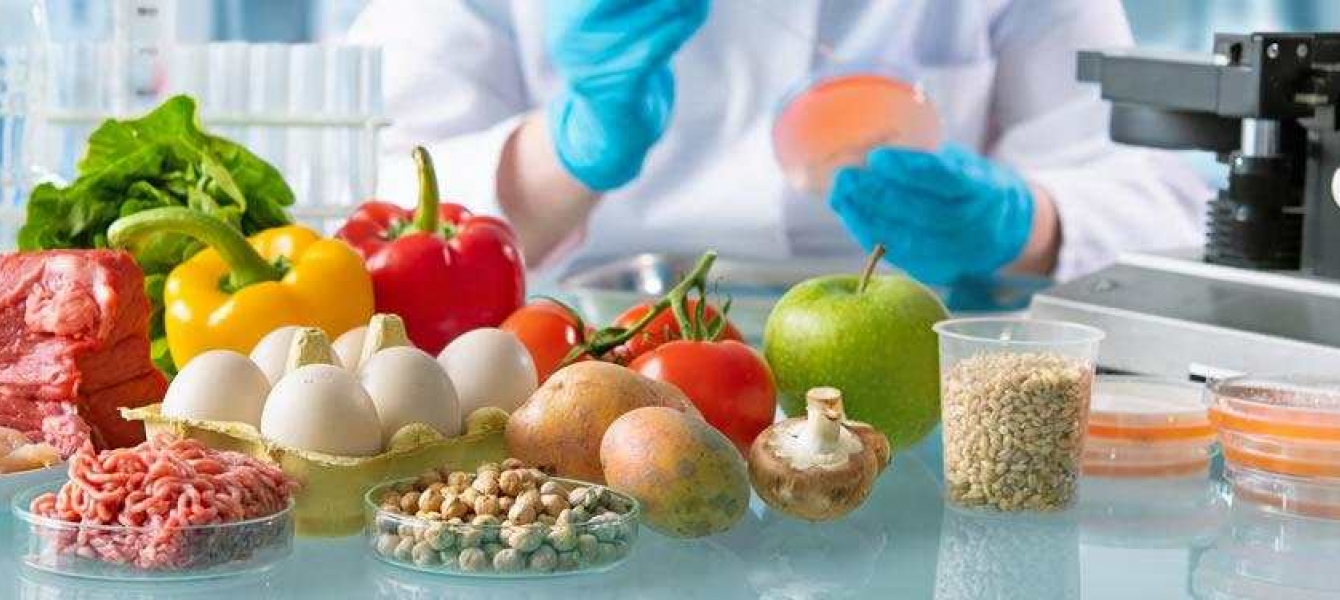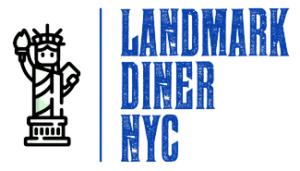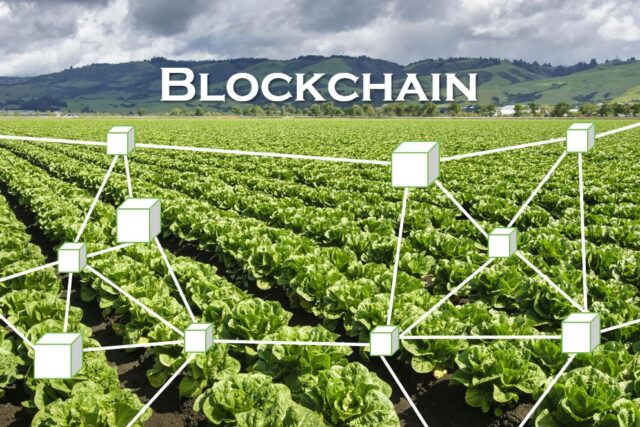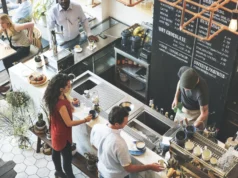Blockchain has been used to enable peer-to-peer transactions between digital wallets, but the technology is flexible enough to be applied in several sectors. Healthcare providers, food producers and brand managers can create a blockchain-based digital supply chain to track their goods through creation all the way to consumers — reducing waste and protecting against counterfeiting or product fraud.
Blockchain technology is often associated with the cryptocurrency market, where crypto assets have a huge trading volume. In this article, we will see how blockchain stocks can help the food supply chain and take it to the next level, thus assisting anyone from restaurant owners, customers, and food producers.
But what exactly is blockchain?
Blockchain is a shared and at the same time public ledger that records transactions in chronological order. It’s decentralized, which means it isn’t controlled by one central authority. Instead, participants in a blockchain network control it and each other. This makes it easier for people to enter the marketplace, because there are no gatekeepers or third parties to control access.
Over the last few years, blockchains have made a huge breakthrough and are impacting more and more industries.
Why would blockchain technology be helpful in the food industry?
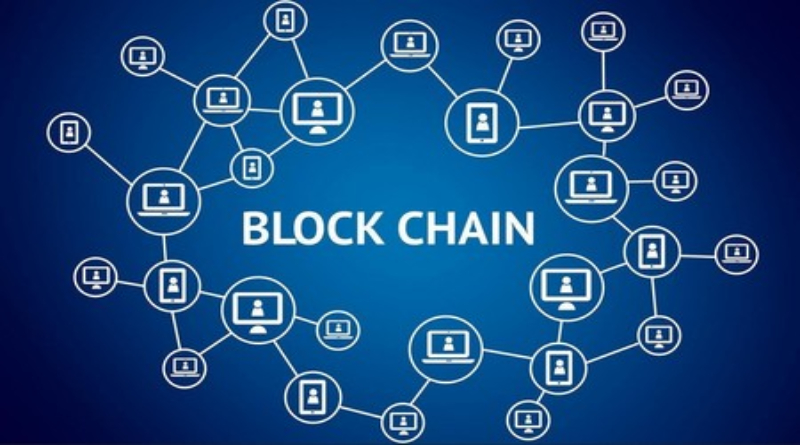
Blockchain is the ideal tool for modern logistical operations in the food industry. The food supply chain has several stages, from producing raw materials to putting food on grocery shelves, and blockchain offers transparency at each stage of the process.
Blockchain’s data protection technology makes it a powerful ally for consumers. Consumers will soon be able to find exactly where their pesto was grown, or recognize that their tuna is locally sourced with the aid of blockchain systems tracking the supply chain.
Blockchain can eliminate many food fraud problems by making it easier to check if a product was diverted en route. But let’s see the main benefits of blockchain in the food industry.
Main advantages of using blockchain in the food industry
Blockchain technology has the power to radically reshape the way we do business, from supply chain to transaction. Although blockchain technology is still in its infancy, it’s slowly but surely becoming part and parcel of mainstream businesses. It is a disruptive technology that allows small and large businesses alike to gain easy access to information, effectively managing data transactions.
Without a doubt, blockchain changed the way we do business, so it’s no coincidence the food industry is taking huge advantage of the whole situation. But which are the biggest benefits that people in the chain will receive? Let’s find out now.
Benefit #1: Cut the middleman

In recent years, farmers have been struggling to survive, since intermediaries have made huge profits on their backs. Re-sellers are plaguing the food industry with their high commission fees and premium prices. With blockchain technology, farmers can cut out the middleman and sell their products directly to consumers. This would allow them to increase their profits and improve their livelihoods. As a result, clients will have better products, since more money will go to the bank accounts of farmers who can invest in quality seeds.
Benefit #2: Secure payments
One of the most match-winning benefits of the blockchain world is that your payments become more secure, thanks to the cryptographic techniques used. Smart contracts allow farmers to transfer money to any part of the world, as well as receive. However, before sending money, farmers should know that they should buy Ethereum before they start, since the majority of smart contracts are run on the Ethereum blockchain. To get Ethereum, visit this website.
Benefit #3: Tracks back the origin of the food
As customers become more and more aware of what goes into their food, they are increasingly looking for ways to track the origins of their food and ensure that it is coming from a reputable source. Blockchain technology provides a way for them to do this by tracing the journey of their food from farm to table. Customers want to know if their food includes genetically modified ingredients, how were animals fed, were vegetables raised in good conditions, etc.
Not only that, customers want to know more about the labor, is there any child labor involved, and how brands are working towards making their products more eco friendly, for example, package designs.
Benefit #4: Avoiding chargebacks
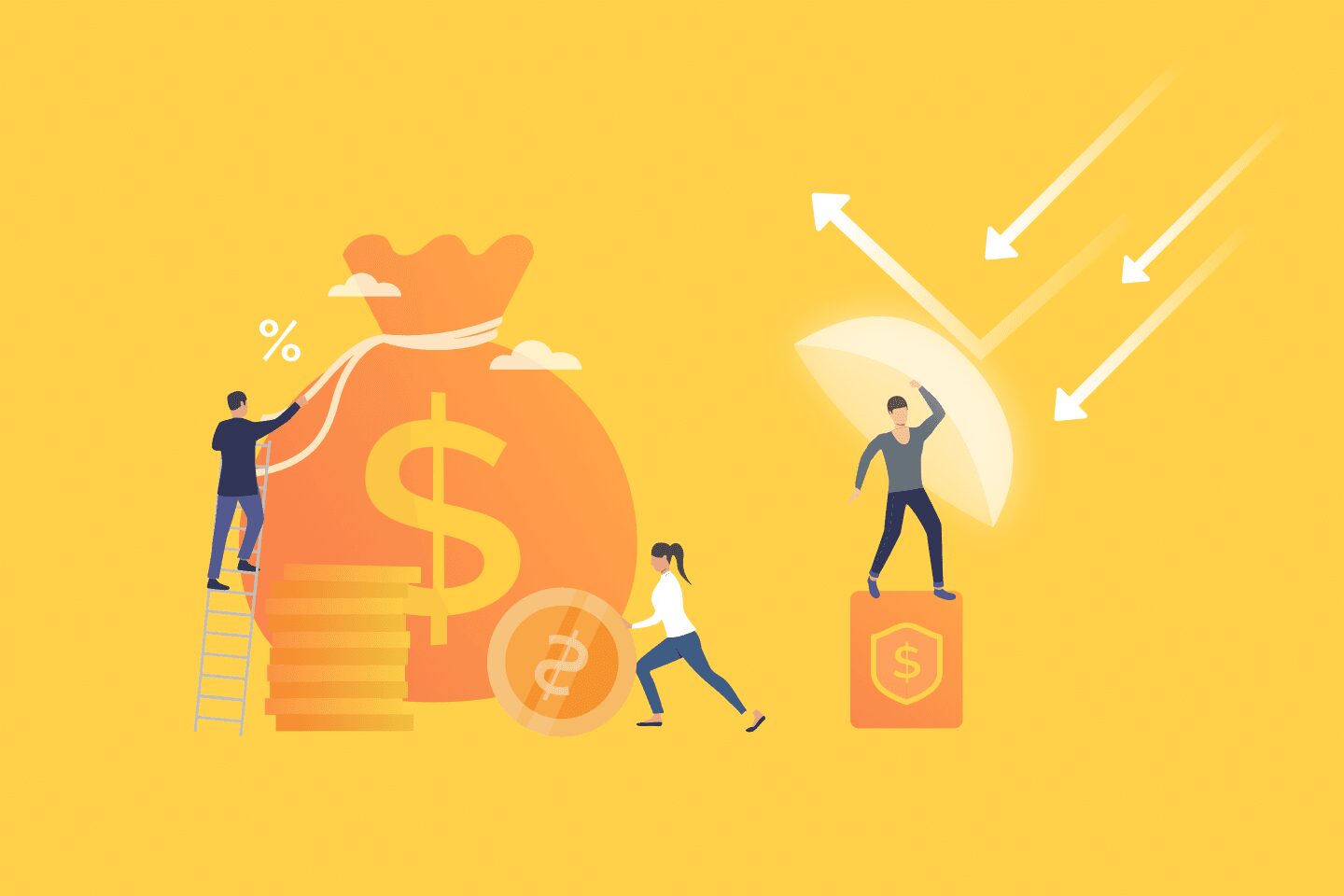
After a customer pays for their food, farmers and food chains often suffer from chargeback claims. This means that the customer is requesting a refund for their purchase, and there is no way for the farmer or food chain to reverse the payment. That leads to a direct loss. With blockchain, if customers have purchased the goods, there is no way they can be reimbursed. This might be a two-way street, as customers might lose their protection. But more often that not, chargebacks are abused by clients who are not willing to pay for what they have used.
Benefit #5: Sustainable growth
Farmers and food stores are increasingly in need of an online presence. Blockchain can help them immensely with their mobile apps by protecting data. By being able to securely store data, blockchain can give farmers and food store owners the peace of mind needed to focus on other aspects of their business.
Summary
All industries are gaining advantage of the emergence of blockchains. The food industry is no exception, as it can greatly benefit from blockchain technology. There are many applications of blockchain that make it a perfect fit for the food industry.
